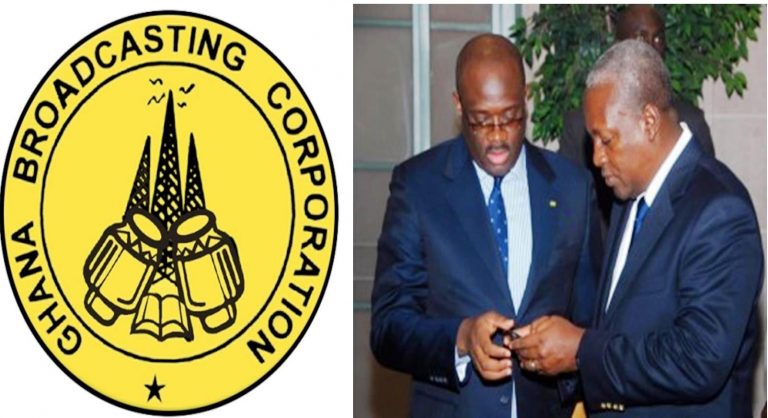The Media Foundation for West Africa (MFWA) salutes all women who won their bids in the just-ended district-level elections in Ghana. We are particularly proud of 11 women from the Upper East, Upper West and Northern regions of Ghana who were beneficiaries of several capacity building and publicity programmes organized by the MFWA and partner organisations.
They are:
- Rosina Zenabu Abdul-Rahaman – Jegung electoral area – Northern region
- Adam Mariama – Nayilifong electoral area – Northern region
- Hajia Issah Zelia – Sagnarigu electoral area- Northern region
- Adu Zina – Pusiga electoral area – Northern region
- Yakubu Rihinatu – Wurishe electoral area – Northern region
- Meimuna Sandow – Wulugu electoral area – Northern region
- Meimuna Mahama – Wantugu electoral area – Northern region
- Marciani Belane – Nabugang electoral area – Upper West region
- Mercy B. Nyame – Stadium residential electoral area – Sisala East – Upper West region
- Ayamdor Angela – Bongo Anafobisi electoral area – Upper East region
- Lydia Niyela –Kulpeliga electoral area – Upper East Region
These women got elected regardless of the stiff competition from male opponents and the postponement of the election from March to September, 2015 which dealt a heavy blow to many aspirants, particularly, women.
In 2014, the MFWA in collaboration with its local radio station partners, and the Foundation for Security and Development in Africa (FOSDA), committed to improving the visibility of aspiring women in the district-level elections under the project “Improving Women’s Voices and Participation in public discourse in Ghana”. The project with funding support from IBIS-Ghana, among others, used local radio stations to increase the visibility of women aspirants ahead of the elections and enhance their chances of being elected.
About 60 women aspirants from selected districts in the three regions of the North participated in training workshops and gained enhanced capacity and skills to effectively engage the media as part of their campaigning ahead of the elections. Local radio stations in the selected districts were also financially supported to produce specific weekly programmes (personality profiles, interviews, documentaries, features and in-studio discussions) that featured the women aspirants to boost their visibility ahead of the elections.
Subsequently, 25 of the women who had demonstrated commitment to the electoral process regardless of the postponement of the elections from March to September 2015 received enhanced capacity to craft winnable campaign messages and communicate their best-selling points effectively. Close to the September elections, the MFWA and its local radio station partners intensified the advocacy for more women to be elected. Some of those who won called to share their successes with the MFWA:
“I really think the electorate voted on merit,” Rosina Zenabu Abdul-Rahaman who won the Jegung electoral area in northern region against the third time incumbent. “My campaign message was that I will be their messenger and wherever they send me I will go. One key factor that contributed to my success was my participation in the training on effective media engagement skills…I also participated regularly in the radio programmes and they helped me a lot; during my community entries I was able to deliver my messages with ease.”
Mercy B. Nyame who also won the Stadium residential electoral area in the Sisala East district of the Upper West region told the MFWA “I really wanted to call the MFWA to share the good news because I think the training and the radio programmes contributed to a lot to my victory. I am very happy”.
The MFWA and partners indeed share in the joy of these women. “This result proves an assumption the project had that given all contributory factors, increased media visibility is key to enhancing the chances of women being elected in the local-level election” said Abigail Larbi-Odei – MFWA Programme Officer for Media, Democracy and Development.
While we congratulate those who won, the MFWA also salutes all the others for exercising their right to electoral participation. Democracy requires that citizens are not only heard but actively participate in governance and decision making processes that directly affect their lives. Therefore in Ghana where women constitute the majority, it is important efforts are made to empower them to participate in public discourse and also occupy public spaces as a reflection of true democracy.
The “Improving Women’s Voices and Participation in Public Discourse in Ghana” project was funded by IBIS Ghana under the West Africa Human Rights and Democratisation (WAHRD) Programme.
Issued by the MFWA in Accra on September 18, 2015.
The MFWA is a regional independent, non-profit, non-governmental organization based in Accra. It was founded in 1997 to defend and promote the rights and freedom of the media and of expression.







